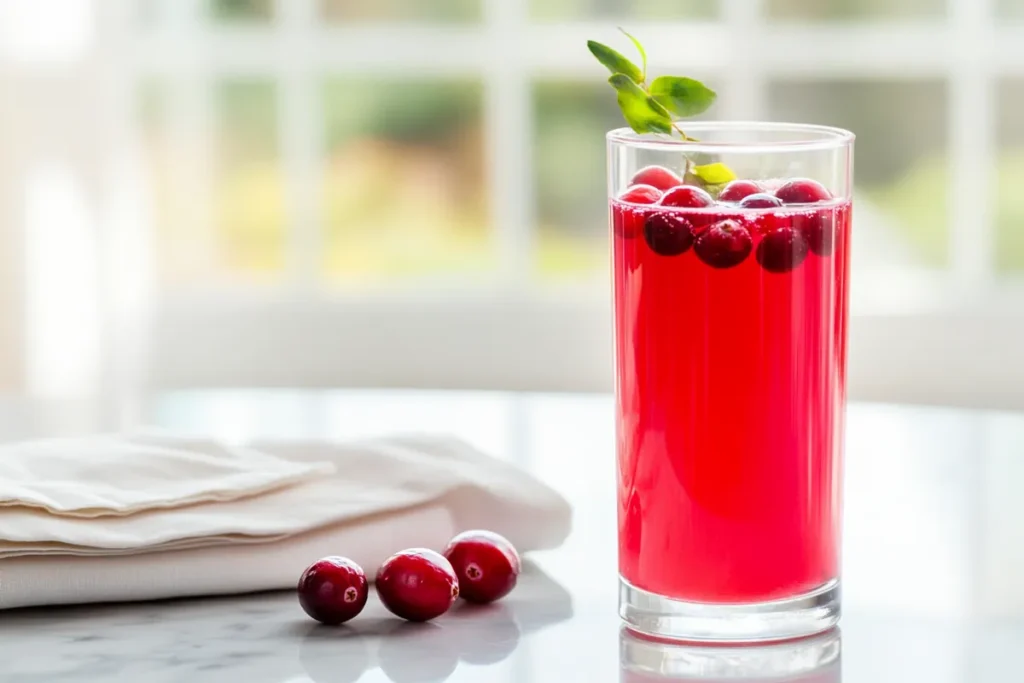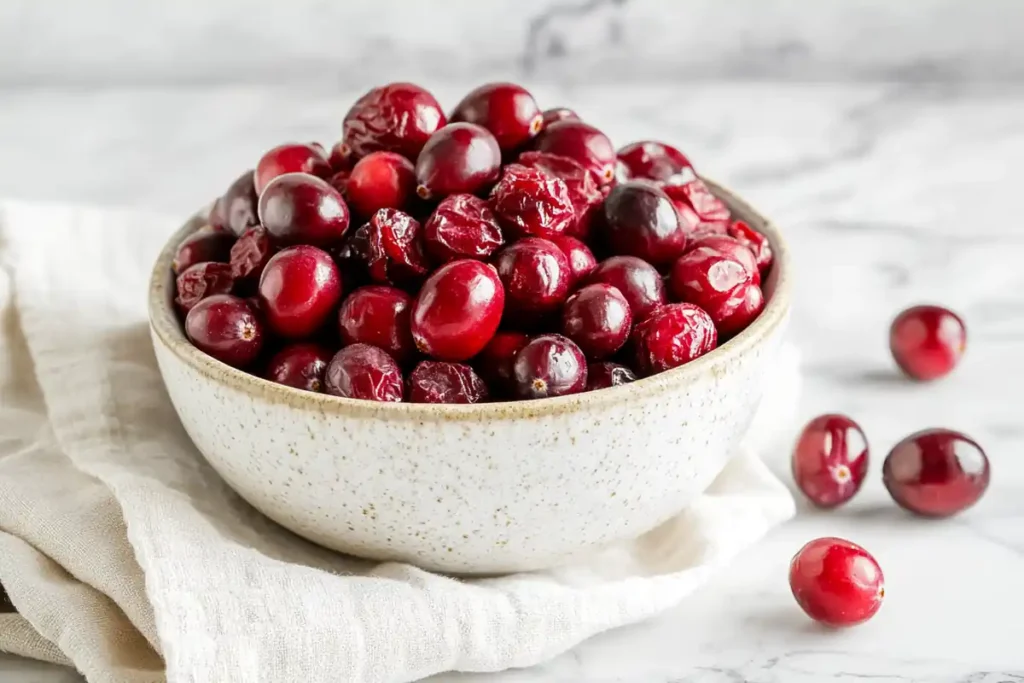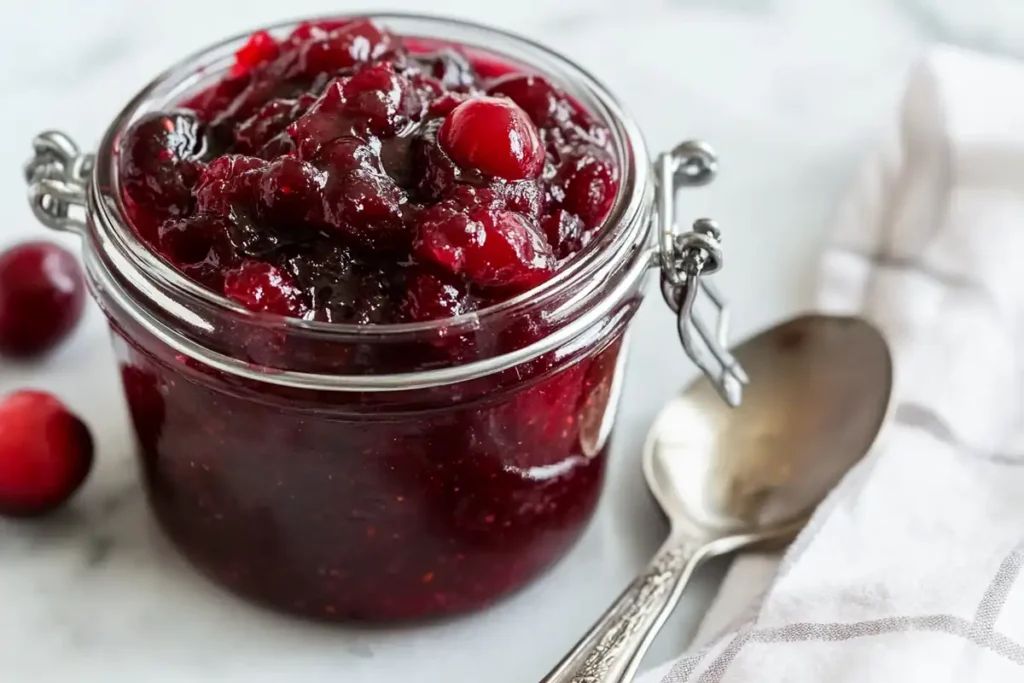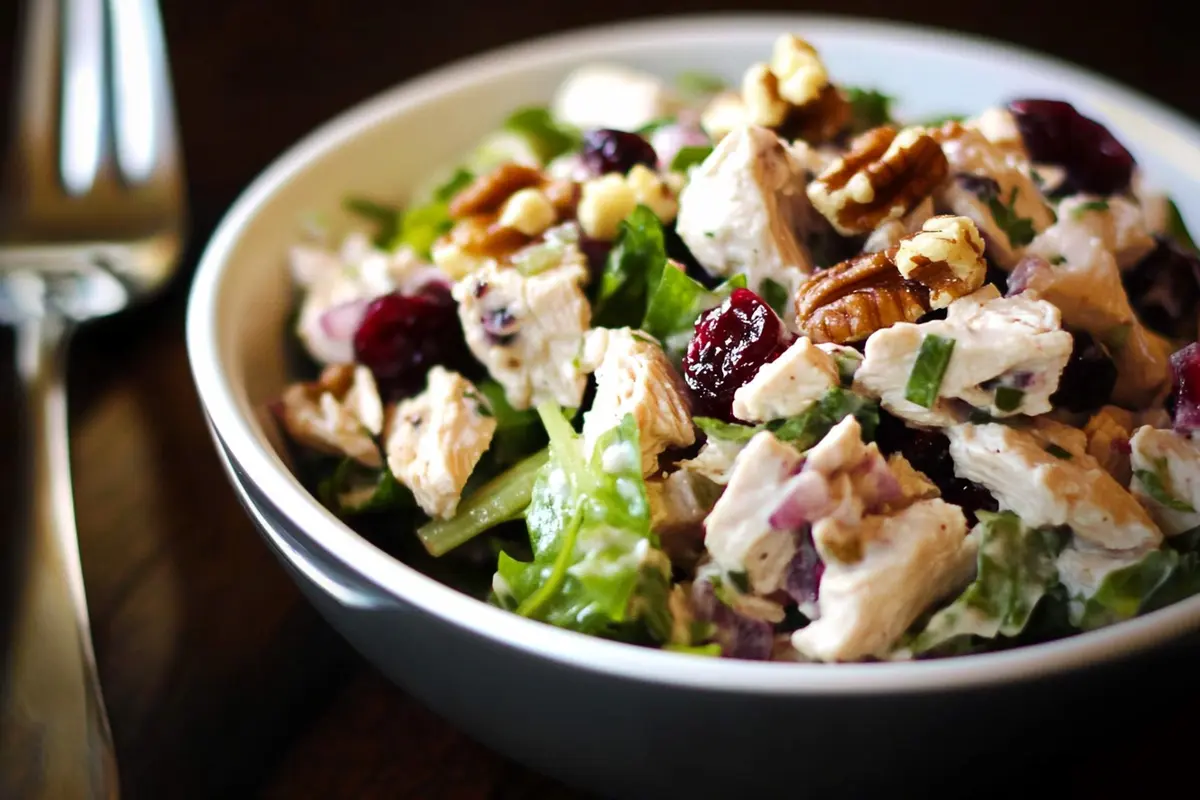Cranberries have gained a lot of attention over the years, popping up in everything from juices to supplements. Indeed, these bright red berries offer a lot more than just holiday flair. In this article, we’ll dig into the research, discuss myths, and uncover the nutritional facts. We’ll also answer the question Is cranberry actually good for you? while discovering how this tart berry can be a vibrant addition to your diet. Get ready for a deep dive into antioxidant properties, urinary tract infection support, and so much more!
Understanding the Cranberry
The History of the Tart Berry
Historically, cranberry fruit has been cherished by Native American communities for centuries. Early settlers learned how to incorporate these berries into sauces, drinks, and even healing salves. Over time, cranberries flourished as a popular harvest item, especially during festive feasts. Interestingly, the word “cranberry” is thought to stem from the plant’s flowers, which some people believed resembled a crane’s head—hence “crane-berry,” later shortened to cranberry.
Though the cranberry’s story began in North America, it quickly spread across the globe. Thanks to their antioxidant properties and dietary fiber, these berries captured attention far beyond their native lands. Today, you’ll see them in juices, sauces, dried snacks, and—if you look carefully—countless nutritional supplements. This remarkable journey from wild marshes to kitchen tables worldwide underscores their enduring appeal.
Nutritional Profile of Cranberries
One major reason people ask, Is cranberry actually good for you? is because these berries boast an impressive nutritional value. They’re loaded with vitamin C, polyphenols, and proanthocyanidins, which are linked to potential anti-inflammatory effects. Cranberries are also naturally low in sugar (though many commercial products have sugar added), making them a go-to for those aiming to keep an eye on sweetness levels.
In terms of cranberry juice benefits, the berries contain compounds that may help support urinary tract health. Their fiber content contributes to gut health, while their antioxidants can play a role in defending cells against daily wear and tear. Furthermore, they’re relatively low in calories compared to other sweet treats, making them a smarter choice for those who crave something fruity without the extra guilt. Whether consumed fresh, dried, or juiced, cranberries offer a potent dose of wellness that just might be worth adding to your daily routine.
Is Cranberry Actually Good for You? Exploring the Health Benefits
Cranberry Juice and Urinary Tract Health

Many folks have heard that cranberry juice helps with urinary tract infections (UTIs). Indeed, this rumor isn’t just a passing fad. In fact, studies suggest that cranberries contain proanthocyanidins—compounds that may reduce the ability of certain bacteria to stick to the walls of the urinary tract. Consequently, Drinking unsweetened cranberry juice or consuming supplements could support your body’s natural defenses, as in cranberry walnut chicken salad However, it’s still wise to check with a healthcare professional if you have chronic UTI concerns.
Furthermore, you might wonder, Is cranberry actually good for you? Yes! But moderation matters. Cranberry beverages often contain extra sugar to mask the berry’s tart flavor. Thus, picking 100% juice or low-sugar options will help you reap the cranberry health benefits without going overboard on sweeteners.
Antioxidants for Heart and Overall Wellness
Cranberries aren’t just about UTI relief—they also pack a punch in the antioxidant department. These small red fruits harbor polyphenols, tannins, and vitamin C that may help combat oxidative stress. As a result, this might promote a healthier heart by supporting normal blood pressure and cholesterol levels. Meanwhile, these nutrients can guard cells against daily wear, helping you feel your best.
Moreover, antioxidants in cranberries might boost overall wellness, especially for those who value immune-boosting and anti-inflammatory effects. Although more research is needed, current findings suggest that a diet filled with antioxidant-rich foods, such as cranberries, helps keep the body’s systems in balance.
Potential Immune System Support
Because cranberries are rich in vitamin C and other beneficial compounds, some experts believe they support immunity by strengthening the body’s natural defenses. Specifically, vitamin C helps maintain healthy cells and tissues, which may help your body fight everyday stressors. Likewise, antioxidants like proanthocyanidins may provide an extra shield against free radicals.
Nevertheless, cranberries alone won’t transform your immune system overnight. It’s best to pair them with a variety of colorful fruits and veggies. Additionally, staying active and following good sleep habits play key roles in staying well. So, while cranberries can certainly lend a hand, they’re just one piece of the puzzle when it comes to overall health.
Ultimately, if you’re asking yourself again, Is cranberry actually good for you? The short answer: yes, especially when balanced with a nutritious diet and healthy lifestyle choices.
Different Ways to Enjoy Cranberries
Fresh vs. Dried vs. Juice: Pros and Cons

Fresh cranberries are bursting with natural flavor and fiber, yet they’re incredibly tart, as seen in cranberry salad ingredients.. On the other hand, dried cranberries often taste sweeter, although manufacturers sometimes add sugar or preservatives. Meanwhile, cranberry juice offers a convenient way to incorporate the fruit into your diet, but store-bought juices may include added sugars.
Hence, how you choose to enjoy cranberries depends on your goals. If you’re focusing on weight management, fresh or minimally sweetened products are ideal. Meanwhile, if you’re short on time, a glass of pure cranberry juice can still help you tap into antioxidant properties and immune-boosting qualities. Indeed, each form has its perks, but keep a keen eye on labels to dodge unnecessary sugar.
Incorporating Cranberries into Your Daily Diet

There’s no shortage of ways to include these bright berries in meals. For breakfast, toss a handful of fresh cranberries or dried ones into oatmeal or yogurt. Similarly, you can blend them into smoothies with other fruits like bananas or apples to balance the tartness. Because cranberries pair wonderfully with savory dishes, they add a tangy twist when mixed into salads, grain bowls, or roasted vegetables.
Additionally, if you love from-scratch cooking, consider trying the Homemade Cranberry for a tasty way to enjoy fresh cranberries. This easy sauce can top roasted chicken or turkey while lending a burst of color and flavor to your plate.
Cranberry Supplements and Capsules
For those always on the go, cranberry supplements or capsules might seem appealing. These often contain concentrated amounts of cranberry extract, which can be helpful for supporting urinary tract health. They’re also a convenient option if you don’t enjoy the taste of cranberries or if fresh produce is hard to find. Nonetheless, Not all supplements are created equal, so you should opt for reputable brands to avoid runny cranberry salad issues
Still, it’s wise to remember that whole foods usually deliver broader nutritional benefits, such as dietary fiber and additional vitamins. Thus, if your circumstances allow, fresh or minimally processed cranberries might be the best bet. In any case, do consult your doctor before starting any new supplement, especially if you take medications that could interact with cranberries.
By exploring fresh cranberries, dried berries, juice, or capsules, you’ll discover a world of ways to enjoy this tart treasure. After all, when you think, Is cranberry actually good for you? you might soon conclude that its versatility alone is part of its charm!
Possible Risks, Side Effects, and Precautions
Potential Interactions with Common Medications
While cranberries can be a delightful addition to many diets, they aren’t without concerns. For instance, people taking blood thinners like warfarin should tread carefully. Research suggests that excessive consumption of cranberry juice or supplements might increase the risk of bleeding, although more studies are needed to confirm this. Nonetheless, it’s still wise to speak with your doctor before loading up on large doses of cranberries if you’re on any medications.
Furthermore, those managing chronic illnesses, like kidney stones, might also need to exercise caution. Since cranberries contain moderate amounts of oxalates, overindulging could potentially aggravate certain kidney-related conditions. Thus, it’s helpful to maintain moderation and seek guidance from a qualified professional.
Overconsumption and Digestive Concerns
Even healthy foods can cause trouble when consumed in excess. Cranberries’ acidity may irritate sensitive stomachs, especially if someone drinks too much juice at once. Additionally, some cranberry-based products are high in sugar, which could undermine your health goals if you’re trying to manage your weight or blood sugar.
Moreover, picking low-sugar or sugar-free cranberry products whenever possible can alleviate some of these concerns. It’s also a good idea to enjoy cranberries as part of a balanced diet, rather than relying on them alone for nutritional support.
Allergy and Sensitivity Considerations
Though cranberry allergies are uncommon, they can happen. Symptoms might include rashes, itching, or difficulty breathing. If you suspect any adverse reaction, discontinue use and consult a healthcare provider promptly. Likewise, individuals who are sensitive to other berries should be mindful that cranberries could trigger similar issues.
Ultimately, despite these cautions, there’s no need to avoid cranberries entirely if you tolerate them well. With awareness of possible risks, you can savor these tart berries in ways that fit your lifestyle. If you’re still asking yourself, Is cranberry actually good for you? just remember that a balanced approach usually helps maximize the benefits while minimizing any hiccups along the way.
Is Cranberry Actually Good for You? Research and Scientific Evidence
Clinical Studies on Cranberry and UTI Prevention
For years, people have relied on cranberry-based products to fend off urinary tract infections. Several clinical studies have investigated whether cranberries, with their proanthocyanidins, truly help keep bacteria from clinging to the urinary tract walls. Indeed, some findings indicate that consistent cranberry intake may reduce the recurrence of mild UTIs, especially among women prone to them. However, not every trial has echoed these results, suggesting that individual factors play a substantial role. Nonetheless, these studies do shine a spotlight on the possible advantages of sipping cranberry juice or taking supplements for urinary health.
Evidence on Cardiovascular Benefits
Researchers have also dived into whether cranberries can nurture heart health. Because these berries contain potent antioxidants like polyphenols, they may contribute to healthy blood flow and normal cholesterol levels. Some studies note that cranberries might modestly lower “bad” LDL cholesterol, while also providing an overall boost to vascular function. Even so, experts caution that cranberries aren’t a cure-all. Combining them with other lifestyle choices—such as regular exercise and a balanced diet—will likely yield stronger cardiovascular gains.
Besides, other properties of cranberries could encourage better circulation and reduced oxidative stress. In particular, the vitamin C found in cranberries helps protect cells from damage. While the evidence is ongoing, many researchers remain optimistic about the role these little red gems might play in cardiovascular wellness.
Other Emerging Research and Ongoing Trials
Curious minds continue exploring new ways cranberries might support well-being. A few pilot studies suggest cranberries could play a role in oral health by impeding certain bacteria that contribute to gum disease. Meanwhile, researchers are examining cranberries’ impact on the gut microbiome, as these berries contain dietary fiber that may encourage a healthy balance of gut flora.
On top of that, some scientists propose that cranberry extract could have benefits for skin health, thanks to its anti-inflammatory effects. Future large-scale trials might reveal even more promising discoveries. Nonetheless, it’s vital to remember that cranberries are just one piece of a bigger puzzle.
When you ponder, Is cranberry actually good for you? scientific evidence indicates these tart berries can be beneficial in multiple ways. Yet, individual results may vary, and much depends on how cranberries fit into your broader routine. If nothing else, cranberries pack a punch of flavor, color, and nutrients that can complement a balanced diet. By staying informed and consulting professionals for personalized advice, you’ll be better equipped to decide whether cranberries deserve a place in your everyday or occasional menu.
Shopping, Storage, and Preparation Tips
Selecting the Freshest Cranberries
When it comes to buying cranberries, freshness matters. Consequently, you should look for berries that are firm, plump, and deep red in color. While slight variations in hue are normal, avoid any berries that appear shriveled, soft, or discolored. Moreover, a simple test for quality is to check if they bounce—fresh cranberries tend to “jump” when dropped. Because these little gems only ripen in certain seasons, many markets carry them in the produce aisle during fall and winter months. However, you can still find them in frozen form year-round.
Proper Storage and Preparation Methods
After bringing them home, you should store cranberries in the refrigerator if you plan to use them within a week or two. Alternatively, freezing them in a sealed bag can help preserve their antioxidant properties for up to a year. Before cooking, rinse them under cold water and discard any that look spoiled. If you’d rather enjoy them raw, consider blending them into smoothies for a tangy twist.
Meanwhile, if you’re still asking yourself, Is cranberry actually good for you? remember that proper storage and preparation play a crucial role in maintaining their flavor and nutritional benefits. By handling cranberries correctly, you’ll maximize taste while capturing their potential health perks.
Conclusion
Summarizing the Health Benefits of Cranberries
Cranberries offer a host of potential perks, including urinary tract health support, antioxidant properties, and immune-boosting qualities. Moreover, their vibrant color and tangy taste make them an appealing addition to many meals. Because they contain proanthocyanidins, these berries may help lower the risk of certain bacterial infections. Meanwhile, polyphenols and vitamin C could aid in defending cells from oxidative damage. Clearly, they are more than just a festive garnish.
However, you might still be asking, Is cranberry actually good for you? In many cases, the answer leans toward “yes,” as research suggests notable benefits when cranberries are part of a healthy eating pattern. Even so, it’s best to keep portions moderate and watch for added sugar, especially in store-bought juices. By selecting fresh cranberries or low-sugar products, you can enjoy their tart flavor and nutritional punch without compromising on your dietary goals.
Final Thoughts and Recommendations
Ultimately, cranberries can be a valuable part of your daily or seasonal menu. In addition to pairing well with savory dishes, they shine in sweet treats like muffins or sauces. Nonetheless, remember to consult a healthcare professional if you have special conditions or take medications that might interact with cranberries.
So, Is cranberry actually good for you? Yes, provided you eat them in moderation and combine them with a balanced diet. By doing so, you’ll likely savor both the taste and the health advantages that cranberries so readily deliver.
FAQs
Below, you’ll find concise answers to these frequently asked questions about cranberries. While these responses are based on general knowledge, it’s always wise to consult a healthcare professional for personalized guidance.
1. Is it safe to eat cranberries every day?
Yes, it’s typically safe to enjoy cranberries daily—provided you do so in moderation. They supply antioxidant properties and vitamin C that can boost overall wellness. However, watch for added sugars in dried or sweetened cranberry products. Additionally, if you have kidney stones or take blood thinners, you might want to talk with your doctor before increasing your daily intake.
2. Is cranberry juice actually good for you?
Many people ask, Is cranberry actually good for you? and the answer is often “yes,” especially in the form of 100% cranberry juice with no added sugar. Cranberry juice can supply proanthocyanidins that may help support urinary tract health. However, store-bought varieties can be high in sugar, so it’s wise to check labels and opt for low-sugar or unsweetened options.
3. Do cranberries have any health benefits?
Absolutely. Cranberries contain polyphenols, fiber, and vitamin C, which may help with cardiovascular health, blood sugar regulation, and even immune-boosting functions. While more research is needed, these tart berries appear to offer a variety of perks, from helping balance good bacteria in the gut to potentially minimizing inflammation.
4. Are cranberries healthier than blueberries?
Both cranberries and blueberries are nutrient-packed berries with high levels of antioxidants. However, they’re slightly different in terms of taste and phytonutrient profiles. Blueberries are sweeter and rich in anthocyanins, while cranberries have more pronounced proanthocyanidins. Ultimately, variety is key: including a mix of colorful fruits, such as cranberries and blueberries, can help diversify your overall nutrient intake.

